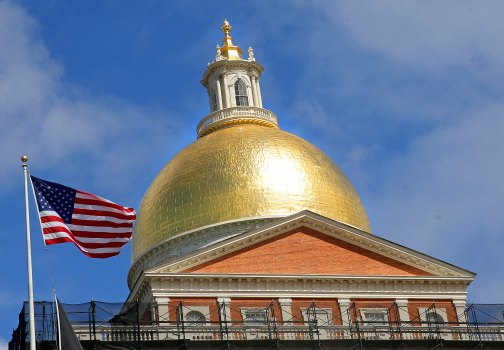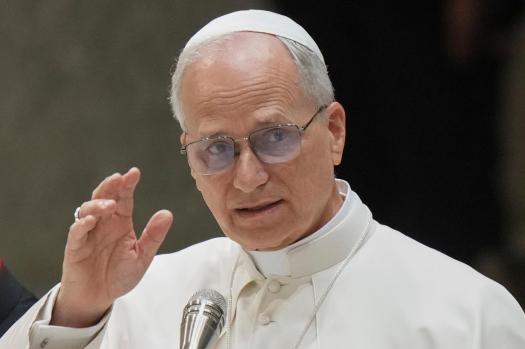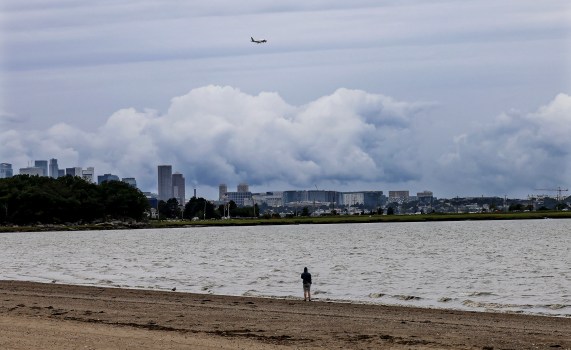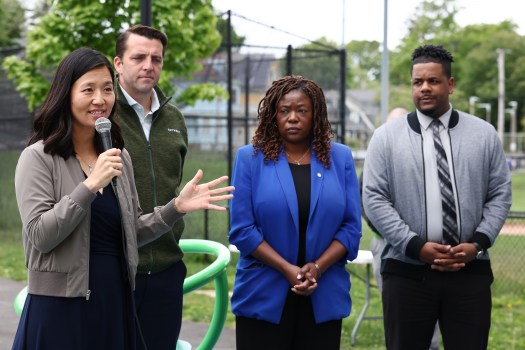In local K–12 schools, antisemitism is a widespread and rising problem, according to a Bay State group that is recommending ways for districts to deal with the matter.
The Massachusetts Special Commission on Combating Antisemitism has released its first conclusions and suggestions for the state’s K–12 educational system.
This report was released months after the Massachusetts Teachers Association’s head was questioned by commissioners about the organization’s disgusting antisemitic teaching materials following the Israel-Hamas conflict.
As groups filed a federal civil rights brief with the Department of Education, a local school district is being accused of ignoring antisemitic bullying and failing to protect Jewish children.
According to the state commission’s findings, antisemitism in Massachusetts’ K–12 public schools is a widespread and growing issue, with many documented cases of hate crimes, bullying, harassment, and discrimination against teachers and families.
The commission also noted that instances had sharply increased in recent years, particularly since the October 7, 2023, terrorist attack on Israel by Hamas. For fear of discrimination or bullying, many Jewish kids in Massachusetts schools are afraid to openly show their Judaism or disclose their identity to others.
During the hearing on Wednesday, commissioners will consider these preliminary results and suggestions. State Senator John Velis and State Representative Simon Cataldo serve as the commission’s co-chairs.
Related Articles
-
Editorial: Nothing inspiring about Mamdani s stance on intifada
-
Massachusetts school district faces allegations of ignoring antisemitic bullying
-
Bergman: Globalizing the intifada targets Western Civilization
-
Brookline Police launch hate crime investigation after brick thrown through kosher grocery store window
-
Graham: Dems failing political math of Boulder attack
While violent crime in Massachusetts is declining overall, antisemitic hate crimes increased by nearly 20% last year.
According to the committee, antisemitism is a distinct kind of hatred that appears in Massachusetts K–12 schools in a number of ways. Swastika graffiti, Holocaust jokes or denial, harassment or discrimination based on one’s perceived affiliation with Israel or real Israeli citizenship, and harassment of Jews using the term “Zionist” as a substitute slur are a few examples.
They also discovered that hate crimes and antisemitic occurrences in schools are probably greatly underreported.
According to the commission, a lot of victims of antisemitic acts choose not to report them out of fear of harassment and reprisals or because they believe that the school will not take any action.
Supporting schools in implementing the Genocide Education Mandate, creating best practices for teaching antisemitism, creating a statewide Bias Reporting Program that specifically names antisemitism as a form of bias, and requiring anti-bias training for K–12 teachers that covers antisemitism are some of the commission’s recommendations.
The group recommended that at the beginning of the school year and on other suitable occasions, such International Holocaust Remembrance Day on January 27 of each year, school administrators should make firm, unambiguous declarations that antisemitism is unacceptable and will not be allowed. Instead of using ambiguous language that refers to all types of hate, school officials—especially superintendents and principals—should speak out about antisemitic incidents in a clear, powerful, and specific manner.












